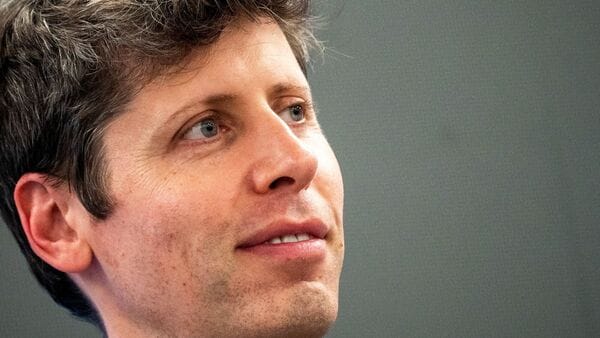OpenAI Aims for Autonomous AI Researcher by 2028
OpenAI CEO Sam Altman has revealed plans to develop a fully autonomous AI research scientist by 2028, marking a significant step toward accelerating scientific discovery and achieving superintelligence.
Key Takeaways
- OpenAI targets fully autonomous AI researcher by 2028
- Internal research assistant expected by September 2026
- Company transitions to public benefit corporation structure
- Microsoft maintains access to AI models until 2032
“For the long term quality of life and improvement and change in society, AI that can autonomously discover new science or help people discover new science faster will be, I think, one of the most important things and something that we’re really trying to wrap our heads around,” Altman said in a live-stream.
The development roadmap includes achieving an internal-level artificial research assistant by September 2026, followed by a complete autonomous researcher system two years later.
Superintelligence Timeline
OpenAI Chief Scientist Jakub Pachocki stated during the same live-stream that “deep learning systems are less than a decade away from superintelligence.” The planned AI research system would autonomously tackle complex scientific problems, potentially leading to breakthroughs across multiple fields.
Corporate Restructuring
Coinciding with the AI researcher announcement, OpenAI confirmed its transition from a non-profit to a public benefit corporation. The original non-profit will retain approximately $130 billion in stake, while Altman will hold no personal stake in the new entity.
Microsoft emerges as a major stakeholder with 27% ownership, valued at around $135 billion. Crucially, Microsoft will maintain access to OpenAI’s AI models until 2032, even if independent experts verify that OpenAI has achieved Artificial General Intelligence.
The updated agreement extends Microsoft’s access beyond the previous 2030 deadline and includes OpenAI’s commitment to purchase an additional $250 billion in Microsoft Azure services. However, Microsoft loses its right of first refusal as OpenAI’s compute partner.
A revenue-sharing arrangement remains active until AGI verification, with Microsoft receiving 20% of OpenAI’s revenue according to Bloomberg sources.
The corporate restructuring addresses capital-raising challenges posed by OpenAI’s previous unusual structure, providing crucial financial flexibility as the company competes with industry giants like Meta, Google, and Anthropic in the race toward superintelligence.




